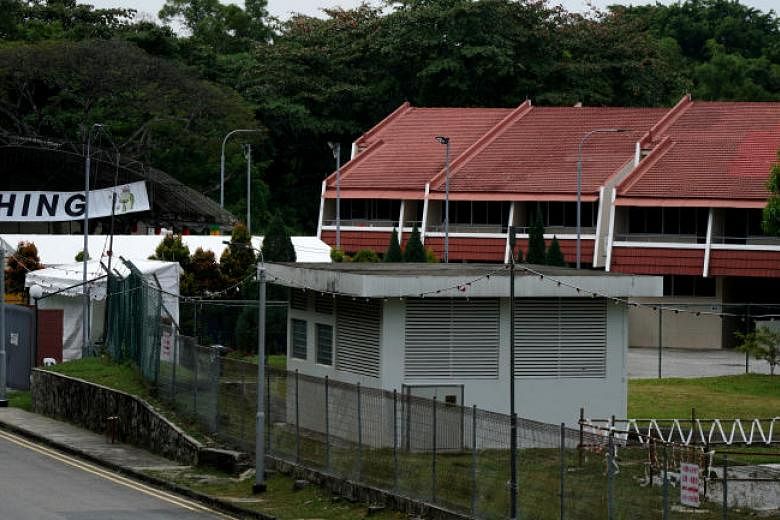SINGAPORE - The World Health Organisation (WHO) is not currently considering a change to its recommended 14-day quarantine period, despite new research by a team of Chinese scientists that has suggested the new coronavirus could have a long incubation period of up to 24 days.
On Tuesday (Feb 11), Singapore's Health Ministry said more evidence is still needed, as it is difficult to determine from the paper if the outlier figure is due to an error or bias in the study's methodology.
The Chinese study, led by infectious diseases expert Zhong Nanshan, defined the incubation period as the duration from the contact of the transmission source to the onset of symptoms.
It found that the median incubation period was three days, based on the data of 1,099 patients from 552 hospitals in China.
The range of values was given as between zero and 24 days, but the paper did not state how many patients experienced incubation periods at the top end of the range.
Dr Michael Ryan, executive director of the WHO's Health Emergencies Programme, told a press conference on Monday that outliers need to be looked at very carefully, adding that long incubation periods could be due to a "double exposure".
A first exposure may be assumed to have led to the infection, but it is possible that the person did not catch the virus then and instead got it from a second exposure at a later time, Dr Ryan said.
"We've seen this in Ebola. We've seen very long incubation periods and then when we investigate, we find that there was a second exposure a week later, or two weeks later, and that's when the actual infection occurred," he said.
"There very often can be outliers, and they can be because of the recording of the exposure. We need to be really careful when we look at outlier figures."
Scientists around the globe have been working round the clock to shed light on the nature of the new coronavirus which has now killed over 1,000 people in China alone and infected over 40,000 worldwide.
The Chinese study, which has yet to be peer reviewed, was uploaded to a free online health sciences archive called medRxiv on Sunday as an unpublished manuscript.
The website notes that such manuscripts, or preprints, are "preliminary reports of work that have not been peer reviewed" that should not be relied on to guide clinical practice or health-related behaviour.
They should also not be reported in news media as established information, the site said.
Despite this warning, a number of media outlets including China Daily and Caixin Global reported the possibility of the virus having a 24-day incubation period, leading to concerns over the WHO's recommended 14-day quarantine period.
Most coronaviruses, including the severe acute respiratory syndrome (Sars) and Middle East respiratory syndrome (Mers) coronaviruses, have an incubation period of two to 14 days.












